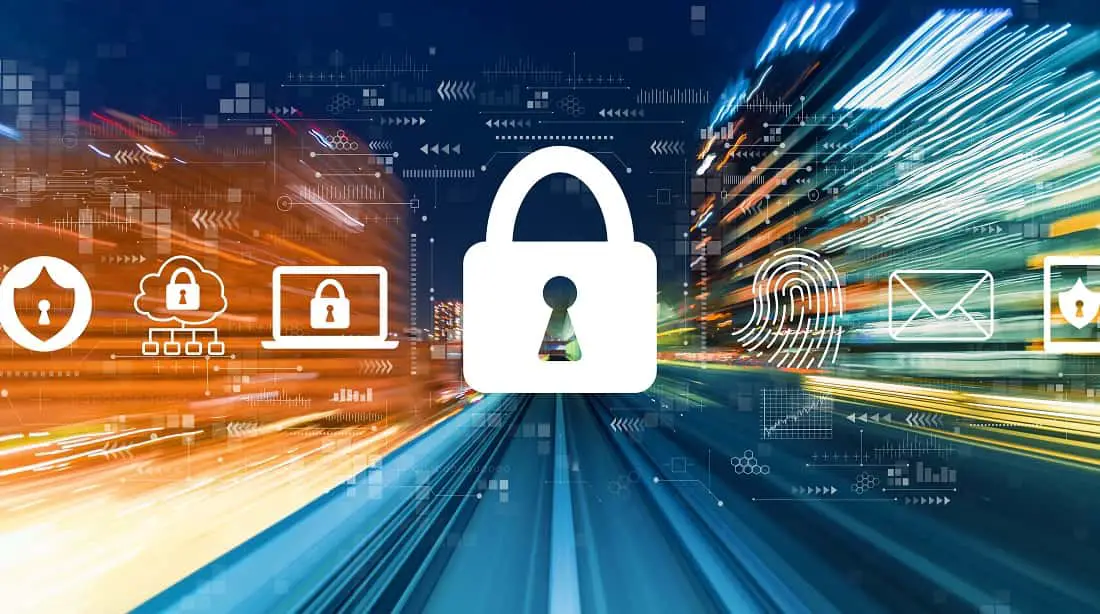In this digital age, despite knowing about the fact that their online privacy is under threat, people are not ready to believe it. They are living in sheer oblivion. Netizens must realize that whenever they decide to browse the internet, their online privacy is at risk.
Is there a way to protect yourself and your privacy over the web, though? This is the question that I will answer in this post. Let me clear a point here: Internet privacy is not dead. You can still browse the internet right from your home or anywhere else with anonymity. Let’s begin!
What is online privacy?
Before we delve into further details, let us start with this basic question. Do remember that online privacy is not your right. It is a privilege. You must earn it. It means there is a cost attached to your privacy. Your time, your energy – and most importantly – your money.
Internet privacy is a very broad term. It covers all the concepts related to the protection and security of your personal and sensitive data by using different tools, applications, techniques, and technologies.
The sensitive data can include but is not limited to, your personal information, your credit card information, your preferences, and profiles on social media websites, your messages, your photographs, etc.
The phenomenon of internet privacy has gained popularity in recent times, thanks to increased numbers of online frauds, cyber-attacks, phishing scams, and data retention laws that are aimed at limiting your internet freedom.
Why do you need internet privacy?
Here is a scenario to give you an idea. You are in your bedroom, playing your favorite game on your PlayStation 4. Suddenly, an unknown person enters your room and starts shouting. What will be your reaction? You would want the unknown person to leave because of his invasion of your privacy.
The same is the case with your online private space. You don’t want anyone to invade or even look into it. You will surely be furious when you come to know that your inbox is bombarded with unwanted emails, or someone else is monitoring your online activities.
This is why need fool-proof online privacy so that no one – organizations, advertisers, hackers, ISPs, etc. – is able to breach into your online space and access, steal, or alter your data against your will.
Is internet privacy dead?
Today people are more concerned about their online privacy. Although there are only a few people, the fact is that the awareness about the concept of personal privacy over the web is also increasing.
People know that there exists a threat to their online presence, but they are simply negligent as to how to counter these prevailing threats. Frankly, big organizations don’t care about internet users’ privacy.
All they want is the user data from which they can gain first-hand insight into internet user preferences, their likes, and dislikes, their online activities, etc. It is the duty of the common internet user to protect his or her own identity over the web.
Fortunately, online privacy is not dead. You can still counter the prevailing online threats by becoming anonymous on the web. It allows you to browse the internet freely without any pressure.
In fact, no one can even keep track or monitor your online activities once you become anonymous. However, how can one use the web with a cloak of anonymity? Find the answer to this question below!
How you can ensure privacy & anonymity on the internet?
You can counter threats to your online privacy and anonymity by using various tools that are developed to help netizens hide behind the veil while they browse, download, stream, or torrent online.
One of these tools is a virtual private network (VPN). As the name suggests, a VPN establishes a virtual tunnel for your traffic and communications to be routed through, so that no one is able to check out the contents of your data.
Not only does a VPN conceal your real IP address by replacing it with that of the server you are connected to, but also secures your data with end-to-end encryption to make anonymous browsing a reality.
Apart from that, you should switch from your normal browser and opt for a more privacy-friendly option. Take, for instance, the Tor browser, which hides your IP and bounces your communications across a global network of relay nodes.
Moreover, moving away from search engines like Google and Bing is also a great idea as these corporations keep track of all your searches, location, etc., and use that information to show you targeted advertisements.
Here, an anonymous search engine DuckDuckGo can be your savior. It does not track you, keep any of your personal information, or show you any advertisements. Even if ads are shown, they are not related to your search or browsing history.
Did you know that your emails are among the most surveilled things on the web? For this reason, you are better off signing up for a secure email account like Tutanota, which automatically encrypts emails and decrypts them on the intended device.
The final verdict
As you can see, with the right approach and tools you can still use the internet while remaining anonymous and private. Despite all the hardships you are facing, now is the right time to fight for your online privacy and enjoy internet browsing with complete freedom. Happy anonymous browsing!
